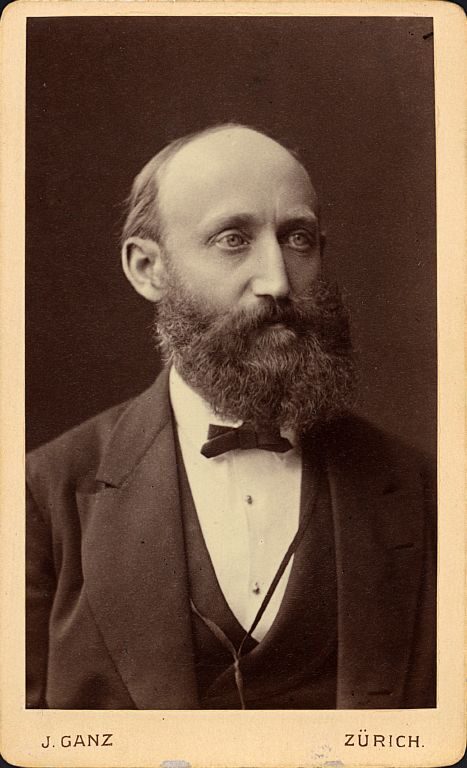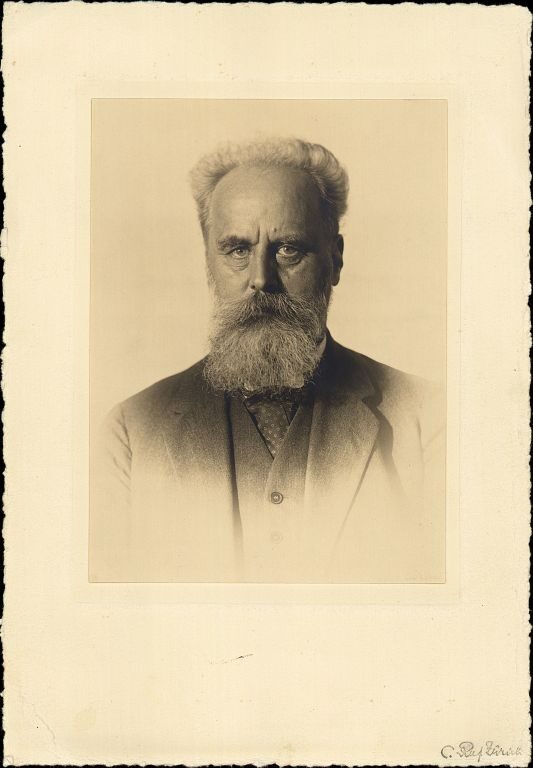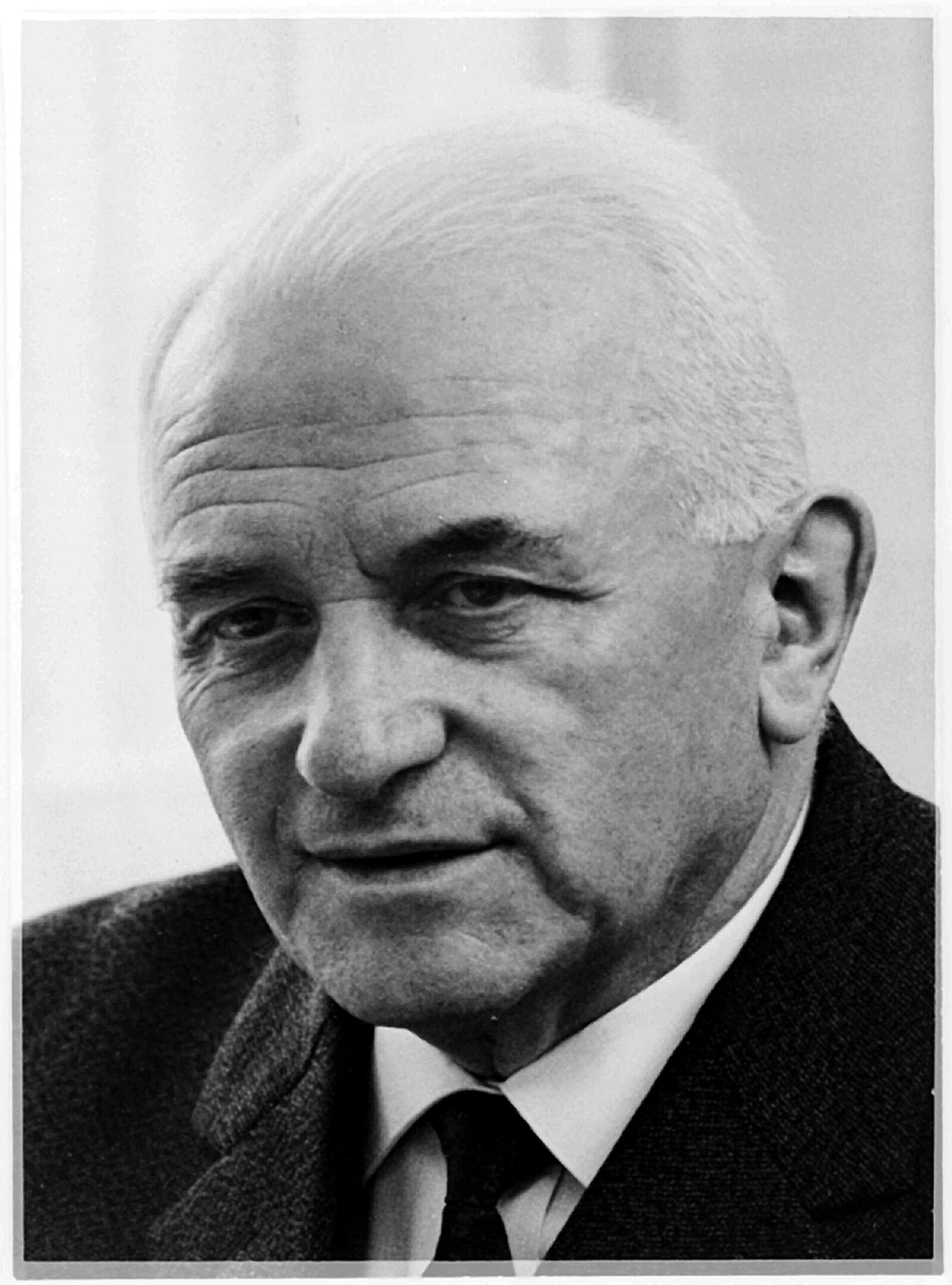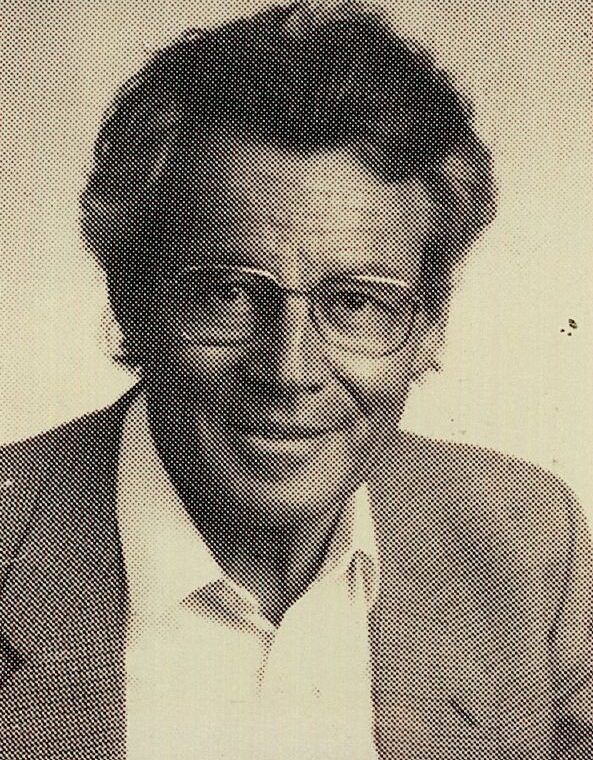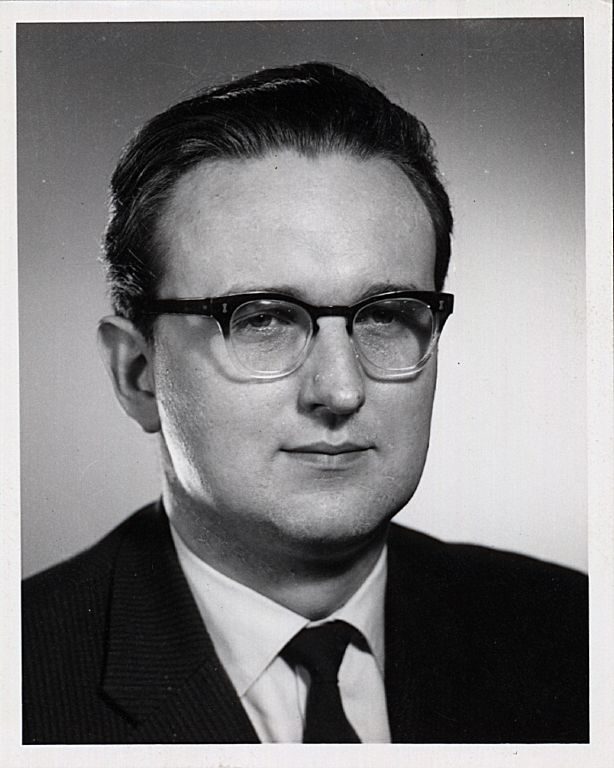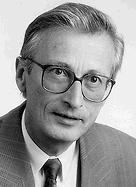Agricultural economics
From agricultural business operations to operations research
If you run your own farm, you can’t do without it, and it has a key role to play when it comes to questions of agricultural policy, too: agricultural economics. Since the agricultural school was founded in 1871, agricultural business operations has been a core component of the agricultural sciences.
Adolf Kraemer was the first Professor of Agricultural Economics at the Polytechnic. He researched and taught at the intersection between agricultural business operations and livestock farming, and was a liberal in his time. When agricultural protection, in the form of customs and subsidies, began after 1890, Ernst Laur joined the Polytechnic. He had also set up the Swiss Farmers’ Union (SFU). He was one of the founders of agricultural business operations as an economic subject and taught at ETH until 1939. At the same time, he called for price protection and agricultural import regulations for farmers – with lasting political success. He was followed by Professor Oskar Howald in 1936, who was also Deputy Director, and later Director, of the Swiss Farmers’ Union (SFU).
Agricultural economics gains independence from the SFU
The personal tie to the SFU was only dissolved in 1967, when Jean Vallat was selected. Originally from the Valais region, Vallat was Director of agricultural extension in French-speaking Switzerland at the time. His focus lay on various bookkeeping systems, but he also brought a regional perspective into teaching and guidance. His ideas shaped the gradual introduction of government-supported regional policy that favoured Switzerland’s mountain areas.
Mathematical models arrive on the scene
Dietmar Onigkeit and Peter Rieder joined what was then known as the Agricultural Division in the 60s. They had both previously worked at the Institute for Economics at the University of Zurich. They brought new microeconomic and macroeconomic topics, such as supply and demand theory or economic optimisation, into the research and teaching of the agricultural sciences. The development of the computer also gave rise to new opportunities in the field of agricultural economics, with the field of operations research (the use of mathematical models to plan, optimise or analyse systems) having a major impact on how agricultural economics was researched and taught at ETH.
Optimisation models for Switzerland
Researchers developed mathematical optimisation models, first in the USA and then in European countries, to analyse economic questions relating to the agricultural sector, which at the time was fully protected by price guarantees. In their habilitation theses, completed in 1967 and 1973 respectively, Dietmar Onigkeit and Peter Rieder created similar models for Switzerland, which could be used to analyse the measures that would lead to an optimum agricultural structure, from an economic perspective.
A broad scope of application, right through to the present
A raft of dissertation theses on agricultural economics expanded and refined this approach, looking at, say, individual markets or regions, like mountain areas. Many of these theses provided the groundwork for decisions regarding the then ongoing negotiations for the GATT (General Agreement on Tariffs and Trade), which gave rise to the foundation of the WTO (World Trade Organization) and new global regulations for agricultural policy. The use of mathematical methods like operations research or econometrics remain a central element of agricultural economics research and teaching at ETH through to the present day.
